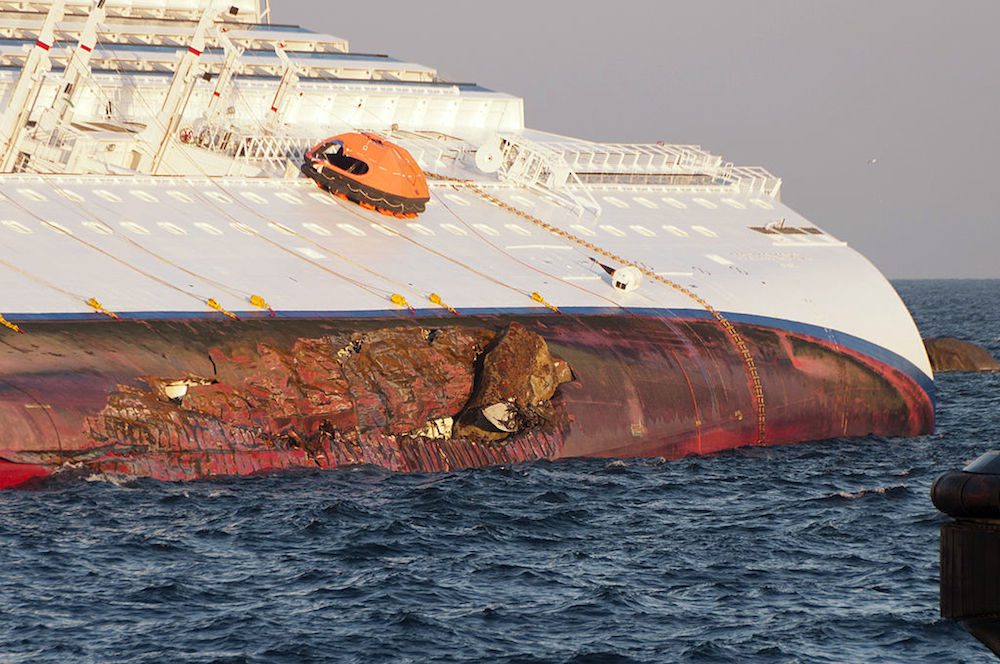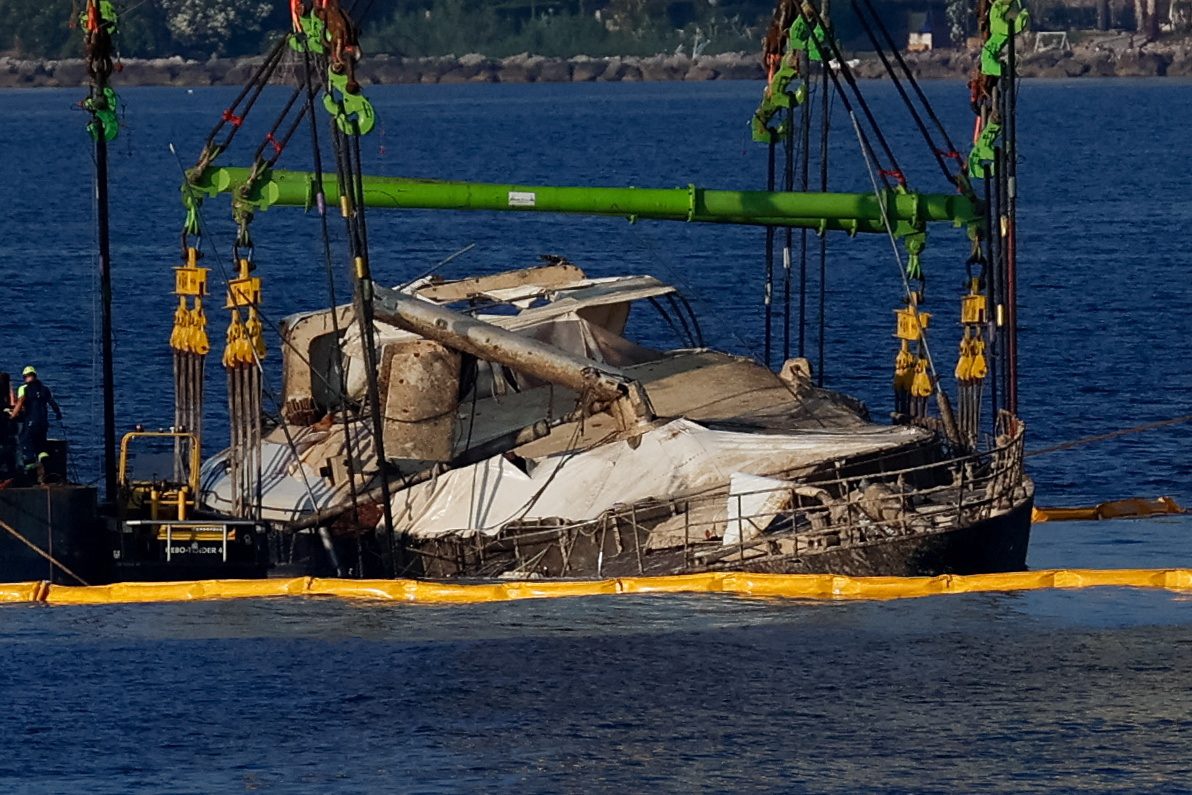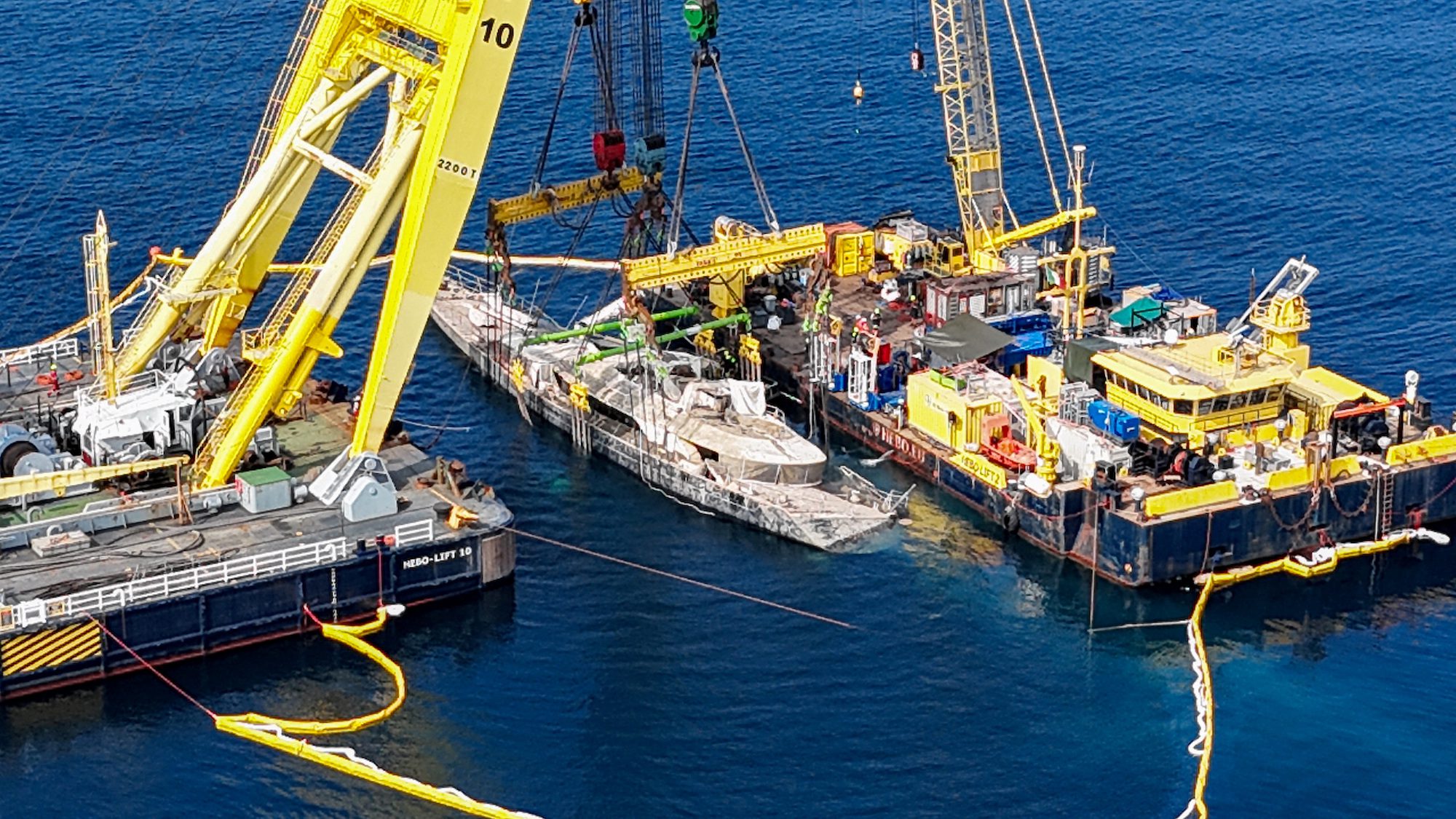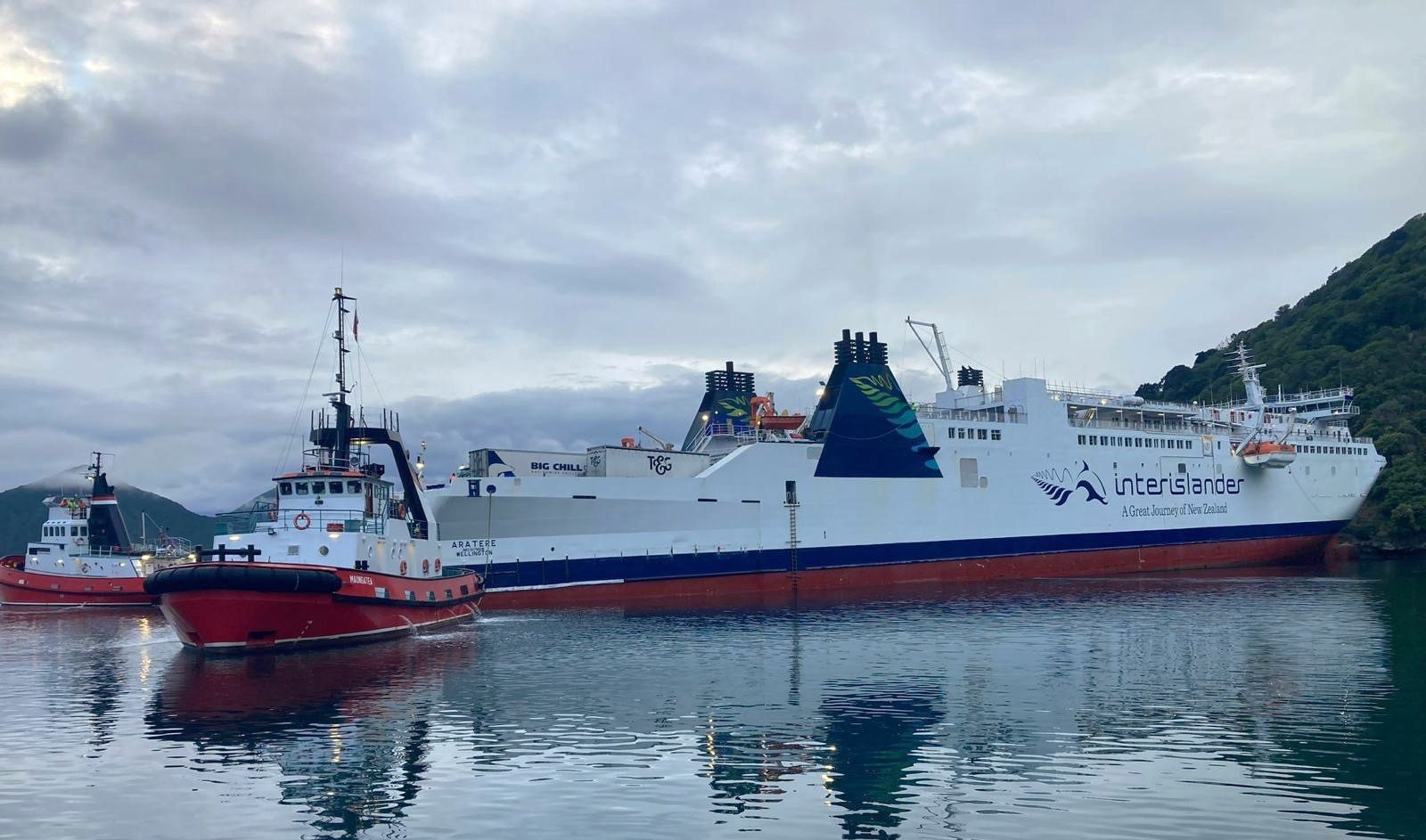Here’s a scenario for you… a cruise ship is sinking at sea and hundreds, if not thousands of people are in need of immediate rescue. Due to conditions, lifeboats are inoperable or infeasible. What’s the best option for rescue? That’s a question the Department of Homeland Security needs your help figuring out.
In collaboration with the U.S. Coast Guard, the Department of Homeland Security Science and Technology Directorate has released the “Mass Rescue Operations Lifesaving Device Broad Agency Announcement” solicitation seeking the public’s help in coming up with innovative technology to respond to mass-casualty events at sea.
The solicitation asks innovators, industry, academia, and laboratories to submit solutions for a large capacity-floating device to keep survivors out of the water during mass rescue operations.
The U.S. Coast Guard Research and Development Center (RDC) will provide technical support to DHS S&T throughout the effort to help with the development of the device.
“We’re looking forward to working with the public to help develop their innovative ideas into a practical and useable design,” said RDC Commanding Officer, Capt. Dan Keane. “If successful, the mass life-saving device will give first responders additional capability and capacity to respond quickly to a mass rescue situation.”
Specifically, the solicitation seeks an effective solution for providing short-term lifesaving and rescue assistance in disasters that render existing systems, such as onboard lifeboats, inoperable or infeasible. The Coast Guard wants to develop a non-standard, one-time use, large capacity, an ultra-lightweight floating device that will be deployed from air or vessel during a mass rescue operation to mitigate the loss of life.
For example, if a large ferryboat or cruise ship is unexpectedly stranded or sinking, the ship’s staff may not be able to deploy the lifeboats. Coast Guard aircraft or vessels could respond and deploy mass rescue devices at the scene to better maintain passengers until all can be rescued.
“The purpose of a large-capacity floating device is to solely keep survivors out of the water during a mass rescue operation,” said S&T Program Manager Angela Blair. “The commercial marketplace already has large, flotation devices, but these are too heavy to be deployed from a U.S. Coast Guard helicopter or easily lifted over a vessel’s bulwark for deployment.”
White papers are due by 2 p.m. EDT on August 5, 2021.
“The Coast Guard is excited to work with industry to develop this cutting edge, mission-critical, lifesaving capability,” said Tom Gorgol of the Coast Guard office of search and rescue.
For more information, visit the mass rescue solicitation on SAM.gov.

 Join The Club
Join The Club











